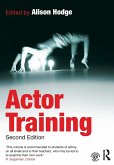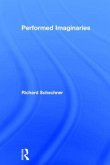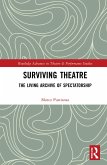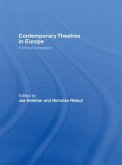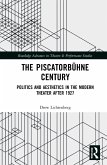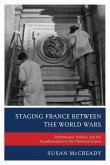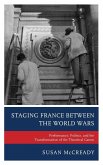This book elucidates how learning from actors enables an intense education of attention for anthropologists. Actors perform the perception of sunshine, the sensation of pain, affects such as shock and emotions such as happiness; they act quarrels, erotic attraction, leadership and submission on stage.
Hinweis: Dieser Artikel kann nur an eine deutsche Lieferadresse ausgeliefert werden.
Hinweis: Dieser Artikel kann nur an eine deutsche Lieferadresse ausgeliefert werden.
'Metaphors from the theatre have often been used in anthropology - social dramas, frontstage vs backstage - but few have explored the literal connections between acting and anthropology. Cassis Kilian draws on her double competence to remind us of the fact that ethnographers use their bodies as tools of inquiry in order to study other bodies moving, eating, speaking, working, watching, sleeping and, yes, acting. Through a string of memorable cases, the book shows ways of using the senses to achieve performative knowledge in order to be able to study it later. Kilian's beautifully written and extraordinarily original book speaks convincingly to the minds of ethnographers, but also to their senses.'
Thomas Hylland Eriksen, University of Oslo, Norway
'Through a set of engrossing accounts of her engagement with actors' sensory training, Kilian provides anthropology with a major, and unique training asset as its methodological foundation in "participant observation" has been transformed in recent years into a refined sensory capacity to be attentive.'
George E. Marcus, University of California, USA
Thomas Hylland Eriksen, University of Oslo, Norway
'Through a set of engrossing accounts of her engagement with actors' sensory training, Kilian provides anthropology with a major, and unique training asset as its methodological foundation in "participant observation" has been transformed in recent years into a refined sensory capacity to be attentive.'
George E. Marcus, University of California, USA


